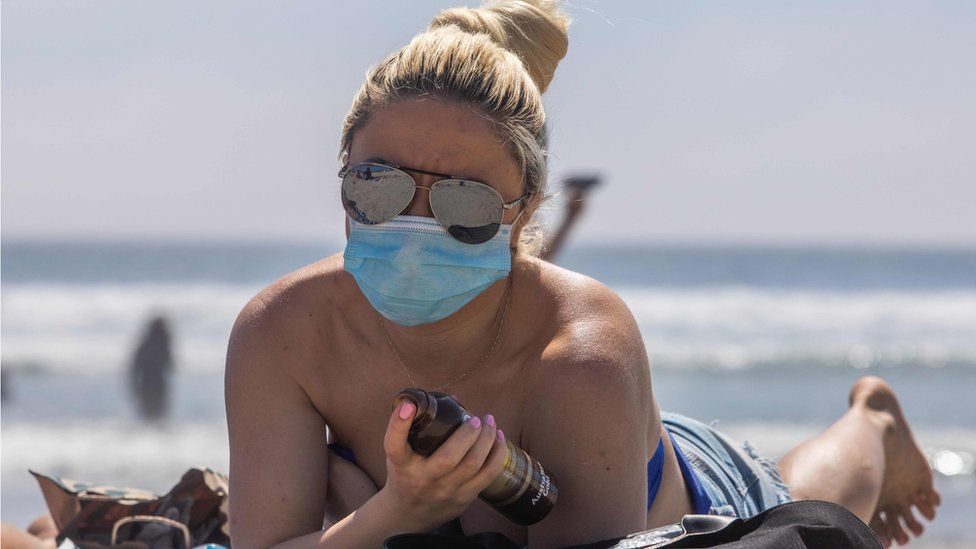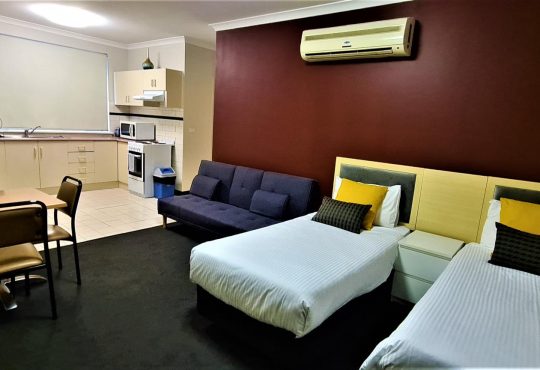
Traveling Better in a Post Lockdown World
It will be hard to look at traveling the same way we did before, everything will be so different now, and still, it will seem normal to us. No matter how it will be, we will see it as better than being confined in our house or apartment. Traveling post-Covid will be a trip like never before, and it will be one of the most memorable ones, yes, even traveling to another country when they are welcoming the new year! There will be a different approach to see the world where compassion and kindness rule before everything else. But it would be best if you were more careful than ever during this time to avoid contracting the virus.
Are you planning to travel soon? Then follow the tips below to travel safely after the lockdown.
1. Travel locally

Choose to explore your country! If you live in the UK or India, there are thousands of places you can travel to. You don’t need a visa, and you can plan a road trip, a train ride, or a bike ride with some friends. Known as a staycation, you get to travel to places you’ve never been before and discover the richness of your country. You also have to spend less than in other countries, and you can bring as much as you want. It is also considered one of the most environmentally friendly ways to travel.
2. Buy less toxic travel products
There is nothing like a global pandemic to remind us that the world around us is not immune to our behavior. Detoxifying the products we bring is healthier for humans and better for the destinations we visit, where water resources and protected natural areas can be negatively impacted by-products like sunscreen and shampoo, and where waste disposal systems struggle to handle plastic waste from cosmetics.
3. Consider other ways to travel
For many of us, the no-fly zone meant an immediate relief from noise pollution and a clearing of the worst air pollution. That forced us to think carefully about where we want to fly and why. Airlines must prioritize their staff’s physical and economic well-being and seize the chance to utilize advanced technology to make flying environmental-friendly and healthier – both for those on the plane and the ground.
4. Consider traveling slowly
We can and should embrace modes of transportation other than flying. Think of travel with the pained, unhurried intensity of Normal People, and you enjoy taking a train or boat or even heading out on two wheels. The delayed gratification and anticipation of traveling this way creates new opportunities to see the world and proves all the cliches about the journey being as important as the destination.

5. Be considerate of the locals
All too often, relationships between tourists and locals are business-like and unbalanced. The fact is that we need each other in this new world order offers the chance to be closer to another and to create more beneficial relationships. These help in symbiotic exchange of money, skills, local knowledge, and experiences. Leaving us all enriched rather than depleted by tourism.
6. Stay in hotels that are close to the community
When our travels focus on forging new connections, it makes sense that the best places to stay are smaller, locally owned, and community-based. Places that are a vital part of a local ecosystem tend to be more environmentally thoughtful as well.
7. No more animals
Regardless of the good and bad sides of wet markets, a greater awareness that animals don’t exist to cater to our whims is an essential part of traveling more consciously. Wild animals get incredibly stressed from the human presence (that photo of the elephant with its ears out is the elephant saying, “Go away, I feel threatened”). It is easy for us to disrupt their natural reproductive or feeding activity simply by our presence. Not touching, not photographing, and, ideally, not eating animals is a huge step in helping to restore the balance of fragile systems and minimize our footprint.


